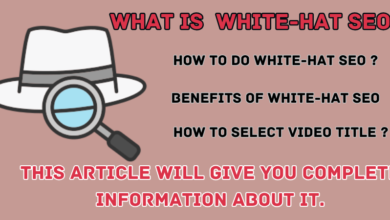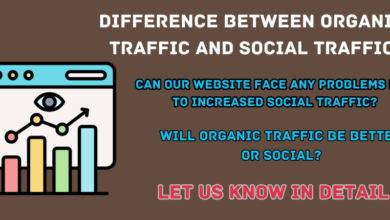A Comprehensive Guide to Effective Link Building

Introduction: Welcome to SEOMagik, your ultimate destination for mastering the art of SEO. In the realm of digital marketing, link building stands as a pillar of success, essential for enhancing your website’s authority, visibility, and ranking on search engine results pages (SERPs). Whether you’re a seasoned marketer or a novice webmaster, understanding the intricacies of link building is crucial for driving organic traffic and establishing your online presence. Join us as we delve into the world of link building and uncover the strategies to build strong foundations for your website’s success.
Understanding Link Building
Understanding link building involves acquiring hyperlinks from other websites to your own, acting as “votes” for your site’s credibility and authority. Quality backlinks from reputable sites improve search engine rankings, driving organic traffic. Strategies include guest blogging, outreach campaigns, and creating valuable content to attract natural links. However, it’s crucial to prioritize relevance, diversity, and ethical practices to ensure sustainable results.
The Importance of Link Building
Link building is crucial for SEO, enhancing website authority, visibility, and ranking in search engine results. Quality backlinks from reputable sites signal to search engines the credibility and relevance of a webpage. They not only drive direct traffic but also improve domain authority, leading to higher search engine rankings. Effective link building strategies involve cultivating relationships, creating valuable content, and earning organic links.
Types of Links
- Natural Links: Also known as editorial links, these are links that are voluntarily placed on websites by website owners without any solicitation.
- Manual Links: These are links that are actively obtained through outreach efforts, guest posting, or submitting to directories.
- Internal Links: Links that connect different pages within the same website, aiding in navigation and distributing link equity.
- External Links: Also called outbound links, these are links that point from one website to another, providing additional resources or references.
- Backlinks: Links from external websites that point to a specific webpage on your website, crucial for SEO.
- NoFollow Links: Links with a rel=”nofollow” attribute, signaling to search engines not to pass authority to the linked webpage.
- DoFollow Links: Links without a rel=”nofollow” attribute, allowing search engines to follow them and pass authority to the linked webpage.
- Anchor Text Links: Hyperlinks that use descriptive text to indicate the content of the linked page, providing context for both users and search engines.
Strategies for Effective Link Building
To build links effectively, focus on creating high-quality, valuable content that naturally attracts backlinks, conducting outreach to relevant websites for guest posting and collaboration opportunities, participating in industry forums and communities, leveraging social media platforms for link sharing, and monitoring and analyzing your backlink profile for opportunities and improvements.
Tools for Link Building
Conclusion: Link building is a fundamental aspect of SEO that can significantly impact your website’s authority, visibility, and ranking on search engines. By understanding the importance of link building, implementing effective strategies, and leveraging the right tools, you can build strong foundations for your website’s success and drive organic traffic. Remember, link building is an ongoing process that requires patience, persistence, and continuous refinement to achieve optimal results. With the insights gained from this guide, you’re well-equipped to embark on your journey towards mastering the art of link building and unlocking the full potential of your website’s SEO performance. Stay tuned to SEOMagik for more invaluable SEO insights and tips.
Thanks for reading this article




